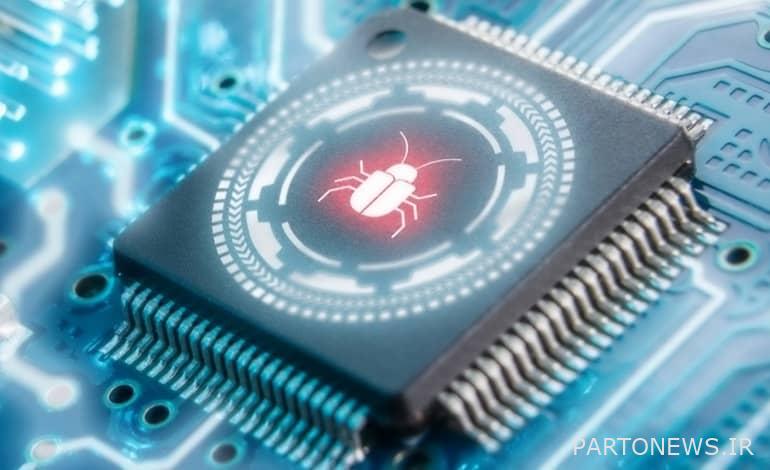Critical BIOS update for Intel chips to fix LPE bug

A few days ago, Intel updated its security recommendations to include two new LPE bugs that security researchers were aware of. The first bug is identified as “CVE-2021-0157” and is probably more dangerous because it affects some of the more common CPU families. Fortunately, however, Intel’s latest Alder Lake-S family of processors are not vulnerable. The list of vulnerable processor families includes:
- Intel® Xeon® Processor E Family
- Intel® Xeon® Processor E3 v6 Family
- Intel® Xeon® Processor W Family
- 3rd Generation Intel® Xeon® Scalable Processors
- 11th Generation Intel® Core ™ Processors
- 10th Generation Intel® Core ™ Processors
- 7th Generation Intel® Core ™ Processors
- Intel® Core ™ X-series Processors
- Intel® Celeron® Processor N Series
- Intel® Pentium® Silver Processor Series
The second bug, identified as “CVE-2021-0146”, appears to be affecting lower-end processors such as the Pentium and Celeron with the following processor IDs. Embedded SOCs are also affected and classified separately.
Processor ID:
- Desktop / Mobile: 506C9, 706A1, 706A8
- Embedded: 506CA, 506F1
Desktop / Mobile (ID 506C9):
- Intel® Pentium® Processor J Series, N Series
- Intel® Celeron® Processor J Series, N Series
- Intel® Atom® Processor A Series
- Intel® Atom® Processor E3900 Series
Desktop / Mobile (ID 706A1):
- Intel® Pentium® Processor Silver Series / J&N Series
Desktop / Mobile (ID 706A8):
- Intel® Pentium® Processor Silver Series / J & N Series – Refresh
Embedded (ID 506CA):
- Intel® Pentium® Processor N Series
- Intel® Celeron® Processor N Series
- Intel® Atom® Processor E3900 Series
Embedded (ID 506F1):
- Intel® Atom® Processor C3000
Intel has advised users to upgrade the system BIOS to a firmware version that fixes the problem. Therefore, users should be careful when their motherboard manufacturers or vendors release the patched firmware.

